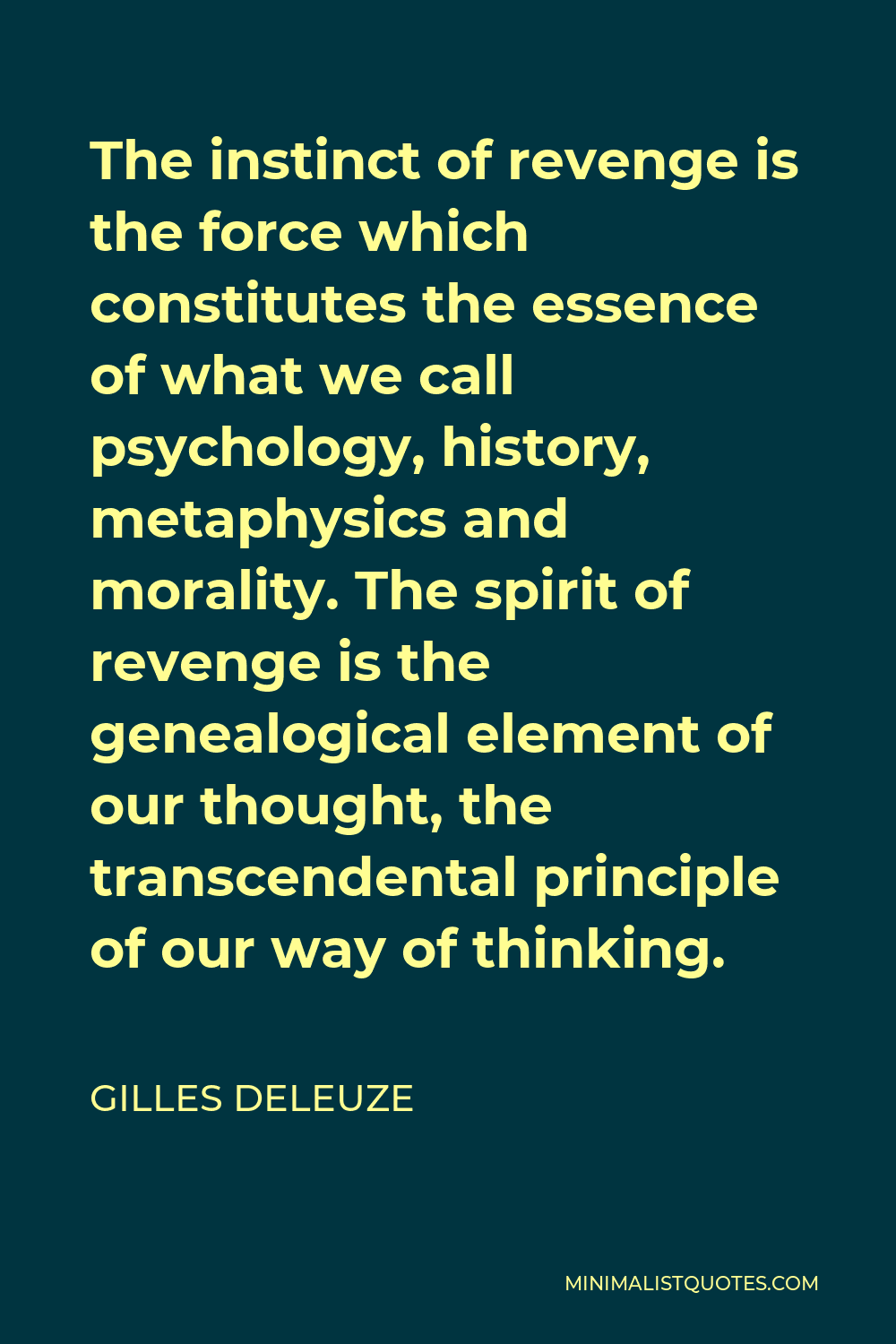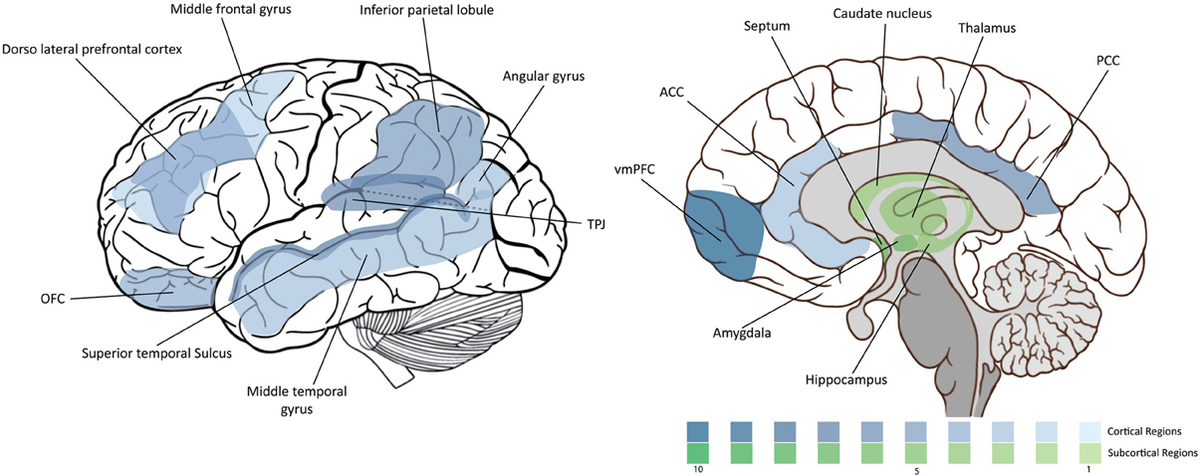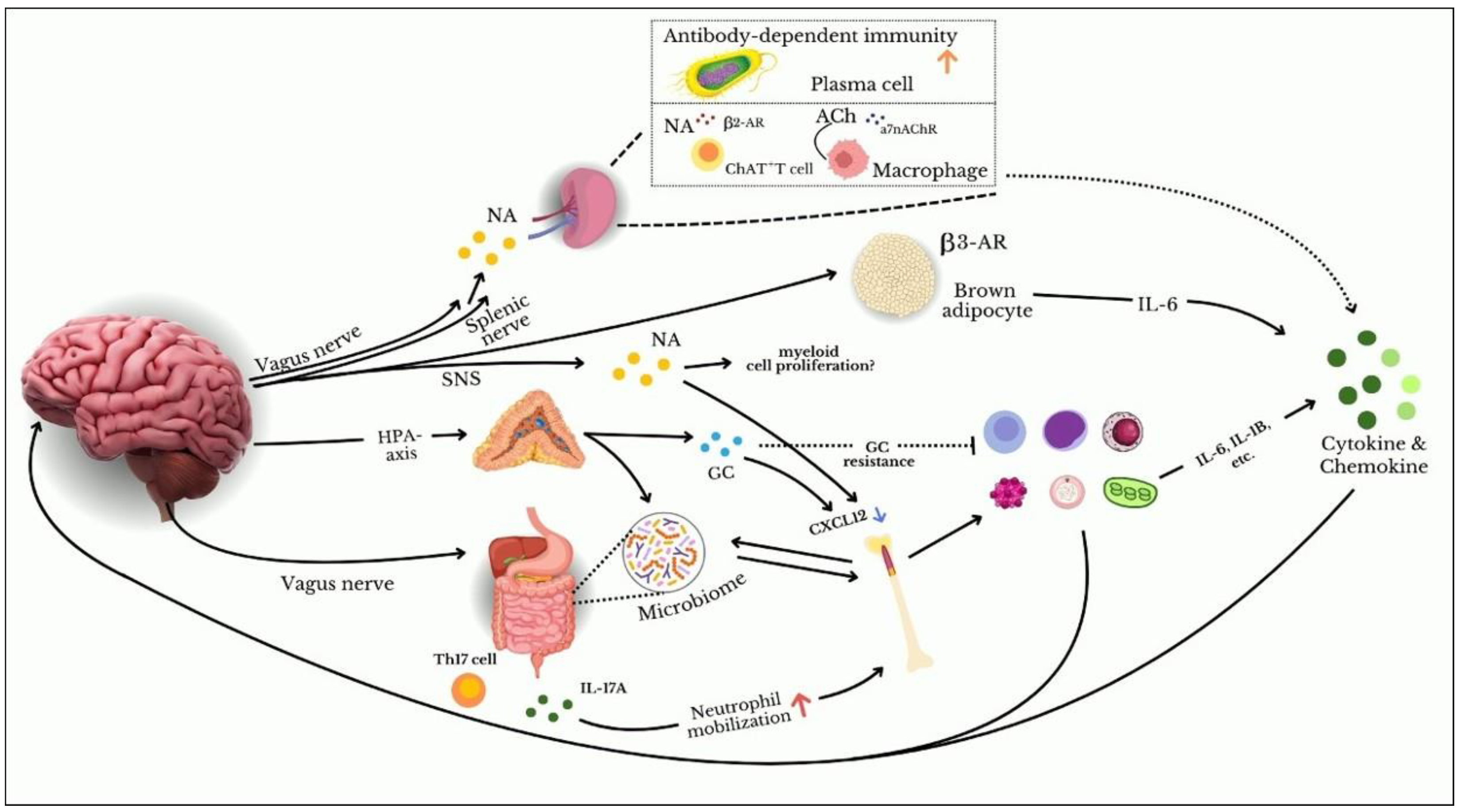Introduction
You’ve been wronged cut off in traffic, cheated on, insulted in front of coworkers. Your pulse rises. Your mind spins with scenarios. And before long, there it is: the sweet, dark urge to get even.
Revenge is often framed as petty, even primitive. But if vengeance is so toxic, why does it feel so good? Is it a glitch in our emotional wiring or could it serve a deeper, evolutionary purpose?
Welcome to the messy, fascinating world of revenge psychology, where neuroscience, anthropology, and moral philosophy collide.
Read More- Forgiveness
Vengeance in Our Blood
Long before lawyers and HR departments existed, human groups relied on one key mechanism to enforce fairness: retaliation.
Evolutionary psychologist David Buss notes that vengeance may have evolved as a deterrence strategy (Buss & Duntley, 2006). If others saw you fight back when wronged, they’d think twice before crossing you again. In this light, revenge wasn’t spiteful—it was survival.
This explains why revenge is deeply cross-cultural. From ancient vendettas in tribal societies to medieval blood feuds, retaliatory behavior shows up everywhere. In societies without formal justice systems, personal revenge was the justice system (Pinker, 2011).

It also explains the emotional intensity of revenge: if evolution wants you to remember something, it makes it feel. And vengeance feels viscerally powerful.
This Is Your Brain on Revenge
Modern neuroscience backs this up. In a landmark fMRI study, de Quervain et al. (2004) found that when people contemplate punishing someone who wronged them, the brain’s reward centers—particularly the caudate nucleus—light up.

Yes, you read that right: the same region activated by chocolate, sex, and winning money lights up when you imagine someone who betrayed you getting what they deserve.
Revenge is, quite literally, addictive.
But there’s a twist: the prefrontal cortex, which handles impulse control and rational thought, is often less active when someone is in a state of rage or vengeance. This means our decisions in the heat of anger can feel righteous, while lacking long-term perspective.
Revenge vs. Justice: A Thin Line
At first glance, revenge and justice seem similar—they both involve responding to harm. But psychologists distinguish them by motive.
-
Justice is impartial, future-focused, and aims to restore balance.
-
Revenge is personal, past-focused, and aims to restore pride—or inflict equal pain.
In a study by Carlsmith et al. (2008), participants who imagined retaliating against a wrongdoer reported initial satisfaction—but over time, that satisfaction faded, and they ruminated more than those who didn’t retaliate. Rather than closure, revenge kept the wound open.
This echoes a classic quote (often misattributed to Confucius):
“Before you embark on a journey of revenge, dig two graves.”
The Micro-Revenge of Daily Life
You don’t need to be a Roman emperor or Mafia boss to experience revenge. Most of us practice “micro-revenge” more than we’d admit.
- Leaving a passive-aggressive note.
- Unfollowing someone who ignored your message.
- “Accidentally” leaving your roommate’s dishes in the sink for days.
These small retaliations—petty as they seem—can still activate the same reward circuitry in the brain. But they also corrode trust and often escalate conflicts that could’ve faded naturally.
Psychologist Michael McCullough, author of Beyond Revenge, calls revenge “a universal human impulse…but one we have to learn to manage, not indulge.”
Revenge in the Digital Age
The internet supercharges revenge in ways our ancestors couldn’t dream of. One tweet can ruin reputations. One viral screenshot can cost someone their job.
Online, anonymity and virality can lead to moral overkill. In a study published in Nature Human Behaviour (Cheng et al., 2020), researchers found that people in large online groups often escalated punishment disproportionately—something called “collective moral outrage.”
And it’s not always about justice. Many people admit to enjoying cancel culture more than believing in its necessity. That’s revenge, not reform.
Read More- Cancel Culture
Forgiveness Isn’t Weakness
If revenge is so satisfying, why forgive?
Because revenge is short-term dopamine. Forgiveness is long-term peace.
Studies show that forgiveness reduces stress hormones, improves immune function, and boosts psychological well-being (Worthington et al., 2007). It’s not just moral—it’s practical.

But forgiveness doesn’t mean letting people off the hook. It’s about reclaiming your energy. As author Anne Lamott said:
“Not forgiving is like drinking rat poison and then waiting for the rat to die.”
Know Your Revenge Brain
Your brain is wired for revenge—but also equipped to override it. The next time you’re wronged:
- Pause – Let your prefrontal cortex catch up to your amygdala.
- Ask – Will this retaliation solve the problem, or feed it?
- Act – If justice is needed, pursue it calmly. If not, let time and dignity do the work.
Because real power isn’t in getting even. It’s in rising above—and letting evolution’s revenge instinct know who’s boss.
References
Buss, D. M., & Duntley, J. D. (2006). The evolution of aggression. The Handbook of Social Psychology, 2, 983–1021.
Carlsmith, K. M., Wilson, T. D., & Gilbert, D. T. (2008). The paradoxical consequences of revenge. Journal of Personality and Social Psychology, 95(6), 1316–1324.
de Quervain, D. J., et al. (2004). The neural basis of altruistic punishment. Science, 305(5688), 1254–1258.
McCullough, M. E. (2008). Beyond Revenge: The Evolution of the Forgiveness Instinct. Jossey-Bass.
Pinker, S. (2011). The Better Angels of Our Nature: Why Violence Has Declined. Viking.
Cheng, J., et al. (2020). Moral outrage in the digital age. Nature Human Behaviour, 4(4), 380–390.
Worthington, E. L., et al. (2007). Forgiveness and health: An updated theoretical and empirical review. In Handbook of Forgiveness, Routledge.
Subscribe to PsychUniverse
Get the latest updates and insights.
Join 3,030 other subscribers!
Niwlikar, B. A. (2025, July 14). The Psychology of Revenge and Insightful Reasons Why You Move Towards It. PsychUniverse. https://psychuniverse.com/the-psychology-of-revenge/




Pingback: Homepage
Pingback: affordable watches usa
Pingback: เว็บพนันออนไลน์เกาหลี
Pingback: จำนำรถกรุงเทพ
Pingback: ปั้มไลค์
Pingback: เน็ตบ้าน ais
Pingback: โคมไฟ